Our reporter
A middle aged man, Mayowa Alonge, has been accused of vandalizing a critical infrastructure belonging to the Lagos State Water Corporation (LSWC).
The incident occurred at No. 9, Ago-Owu Street, off Kayode Street, Onipanu, Lagos State, where Alonge allegedly broke the bricks and removed the iron lid cover protecting a major pipeline interjection station along the railway axis connecting Ijora Olopa to Iju Waterworks.
According to Niyi Kolawole, the complainant and administrator of the affected family property, Alonge reportedly told some residents in October 2024 that he intended to remove the heavy iron lid of over a century-old interjection point of the LSWC pipeline in the area.
Few days later, it was observed that the bricks had been broken and the heavy iron lid over the manhole had been removed.
This incident reportedly occurred around October 2024.
On noticing that Alonge has allegedly went ahead with the removal of the iron , sparking safety concerns and due to the potential environmental and safety hazards posed by the vandalism, Niyi Kolawole promptly notified the Lagos State Water Corporation in January 2025.
Prior to this, on December 13, 2024, Kolawole had submitted a petition to the Deputy Commissioner of Police, State Criminal Investigation Department (SCID) in Panti,Yaba, Lagos, detailing the vandalism and requesting that the alleged culprit be investigated and held accountable.
Niyi Kolawole further said, he also wrote the Lagos State Governor on the issue, of which he later saw the letter minuted to the Lagos State Water Corporation for action , but nothing has been done up till now.
Kolawole further alleged that Mayowa Alonge was invited by the police and reportedly confessed to committing the crime and selling the iron for ₦133,000.
He also said Alonge later claimed to have bribed the officers in charge with ₦350,000 to have the case dropped.
He further alleged that during a visit to the State CID at Panti for verification, some police officers pressured him to drop the case, with one officer reportedly threatening to detain him if he returned.
Although petitions were sent to the Lagos State Government, the DCP, Panti and the Managing Director of Lagos State Water Corporation and agents visited the crime scene to verify the claims, no action has been taken to address the issue so far .
Furthermore, Kolawole said for being a good citizen by reporting such collateral damage to government asset and threat to human lives , instead of being commended, he is being threatened, including Mayowa Alonge and his relatives, lamenting that his life and that of his family is in great danger.
Kolawole is therefore urging the Lagos State Government to urgently secure the manhole with a durable lid like the old type to prevent flooding and potential accidents involving children and pedestrians, particularly as the culprit continues to evade justice and community safety being risked.
In response to our reporter phone call, the accused, Mayowa Alonge, said he removed the said Lagos State Water Cooperation manhole lid when they carried out renovation of their grand father’s house where they currently reside at No 9,Ago- Owu Street, off Kayode Street, Onipanu.
The renovation, he said, was jointly funded with Debo Kolawole who is his cousin and a brother to Niyi.
He further explained that the manhole lid is located at the setback between their house and the railway line known as railway axis interjection station running from Ijora Olopa to Iju Water Works, Lagos State.
Alonge further said Niyi petitioned the State Criminal Investigation Department(SCID), Musiliu Smith Street, Panti -Yaba, Lagos accusing him of taking the said lid and sold to scrap metal dealers.
“I never sold the water Cooperation manhole lid nor bragged of bribing the police.
“I told the police I sold the metal scraps removed from the renovated house for ₦133,000.
“The police however ordered me to go and replace the lid. I have not been able to do so because I presently do not have any job to enable me fund it. Am hopeful of doing so soonest”, Mayowa Alonge, the accused, told our reporter on phone .
On the other hand , when our reporter called the Chief Security Officer(CSO) of the Lagos State Water Cooperation, Mr Babajide Kassim and Mr Bimbo an independent security agent sent to investigate the vandalism, both declined to speak when contacted.
They both evaded answering the questions from our reporter that bothered on safety of Lagosians and criminality rather was seeking to know how our reporter was able to get their phone numbers regardless of the fact they are public figures. They however abruptly terminated the calls with our reporter.
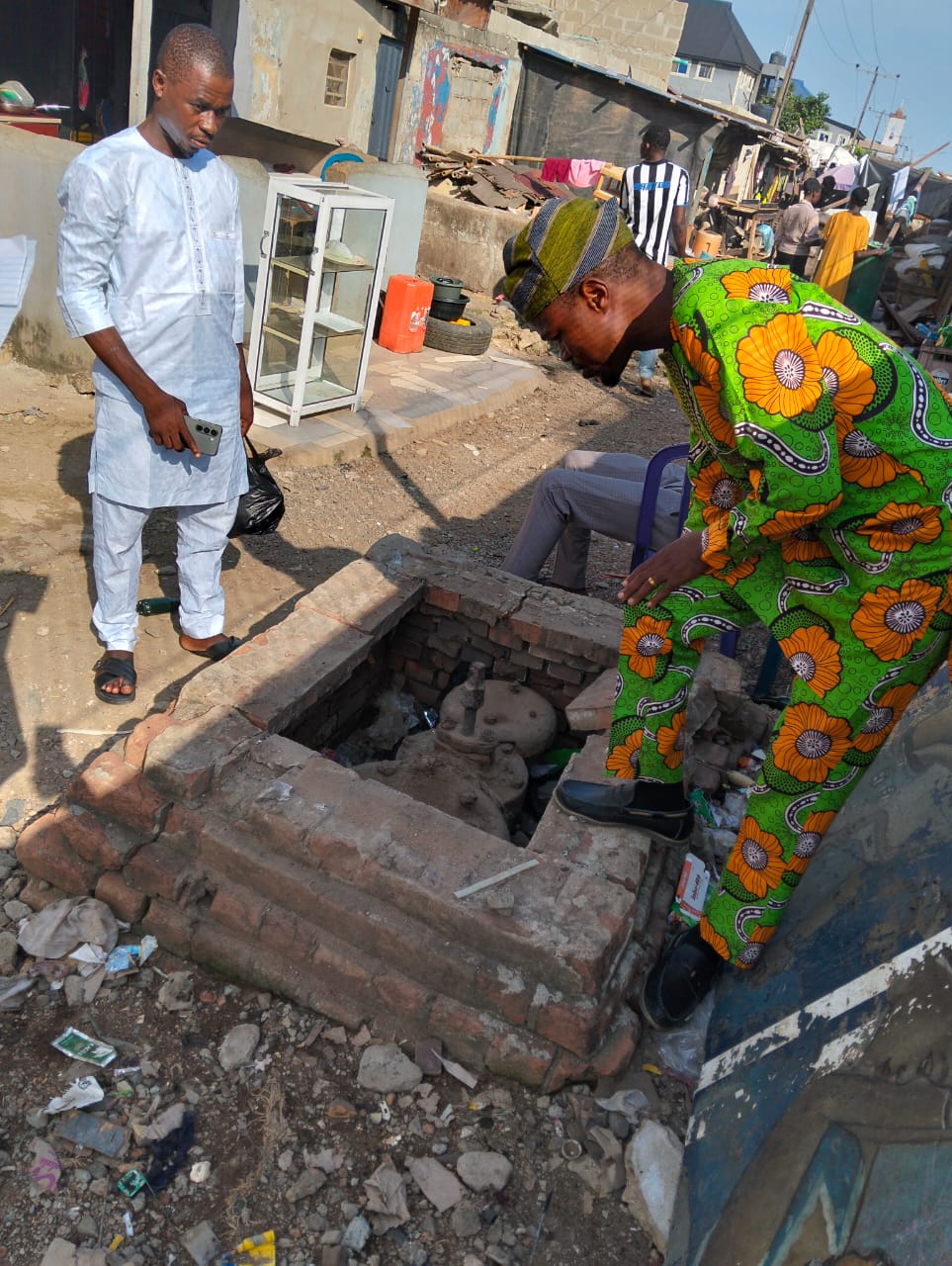

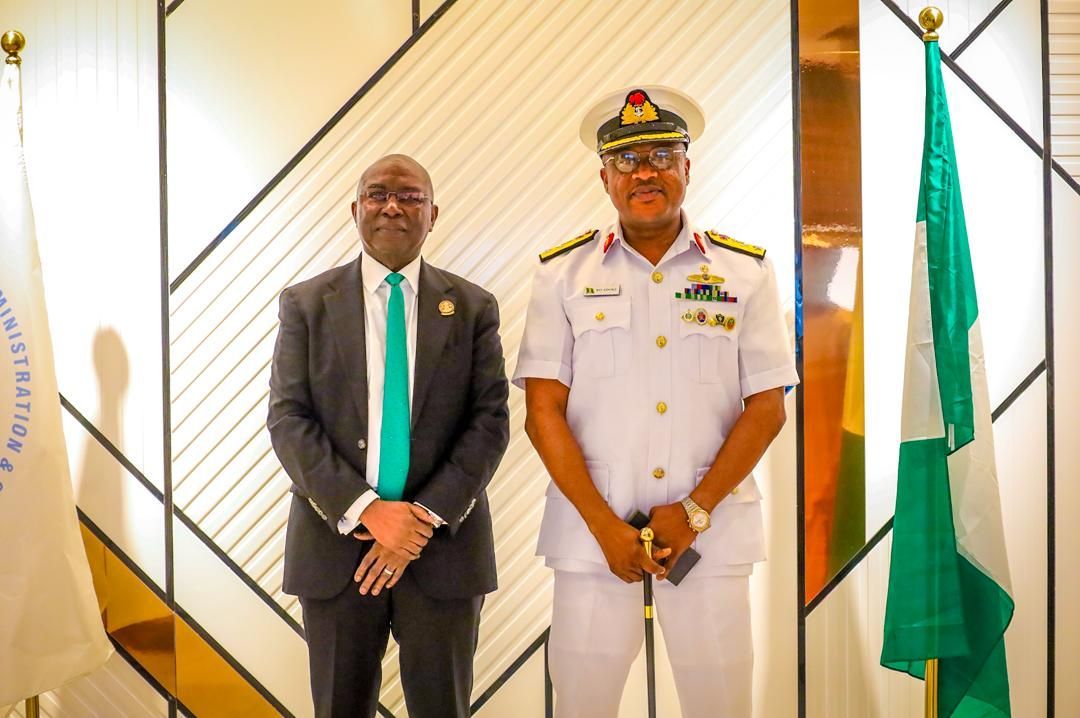
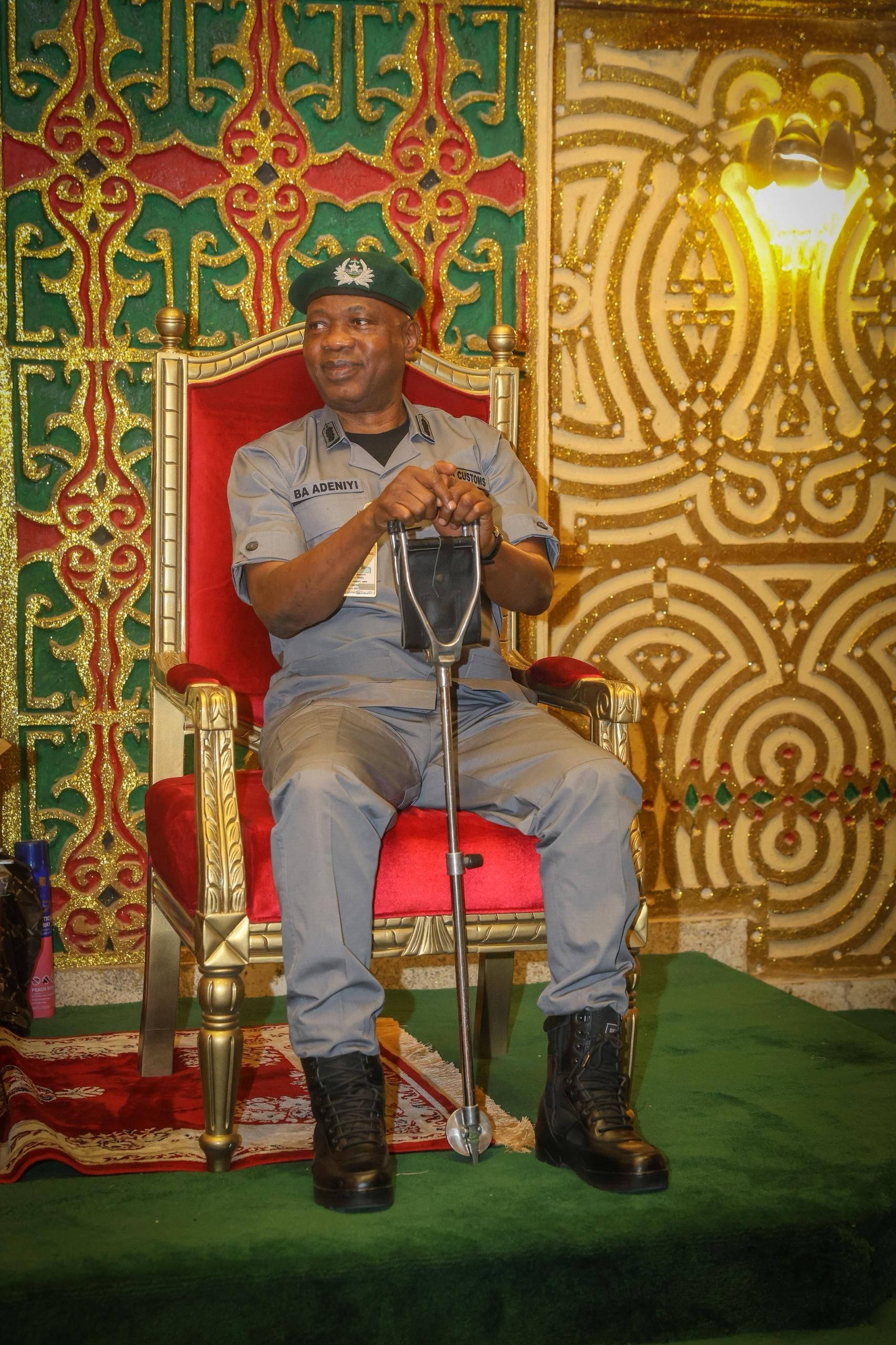

 Headlines3 months ago
Headlines3 months ago
 Headlines4 days ago
Headlines4 days ago
 Headlines3 months ago
Headlines3 months ago
 Customs3 months ago
Customs3 months ago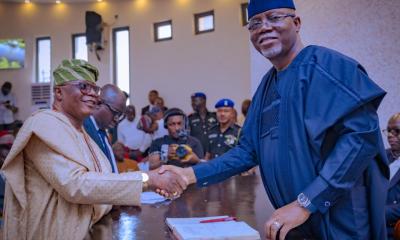
 Headlines3 months ago
Headlines3 months ago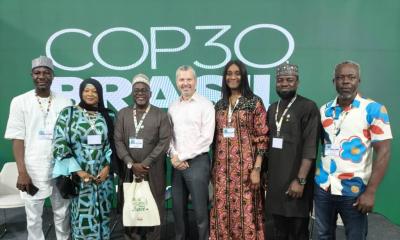
 Headlines3 months ago
Headlines3 months ago
